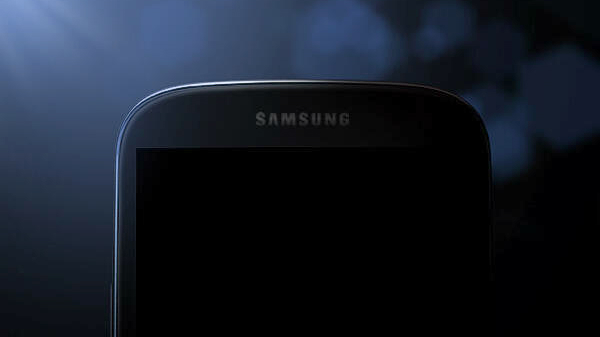
Samsung is the new Apple
One measure of any brand's success is how much people talk about it. By that reckoning, Apple's star is fallen, while Samsung's rises. Consider the amount of rumors the past month or so about Galaxy S IV, which launches this week, and contrast that against near silence about anything Apple. Turn back the clock a year and you'll see modest buzz about the S3 but ongoing Apple rumors that stole the thunder from the Consumer Electronics Show, Mobile World Congress and just about every single new mobile product launch. (Yet this year, Apple efforts to overshadow CES failed.)
Then there was the noise, noise, noise from Apple's patent lawsuit against Samsung, which hundreds of bloggers and journalists used to repeatedly label the South Korean company the world's worst worrisome copycat. In the end Samsung's image is no worse for wear, while Apple rumors wear thin. The most prominent recent one is about a watch. For the wrist? What Citigroup analyst Oliver Chen calls a $6 billion business for Apple. Let me make that clear, because shorthand lacks the impact: $6,000,000,000! That's more than iPod generated in fiscal 2012 ($5.6 billion). Yeah, right.
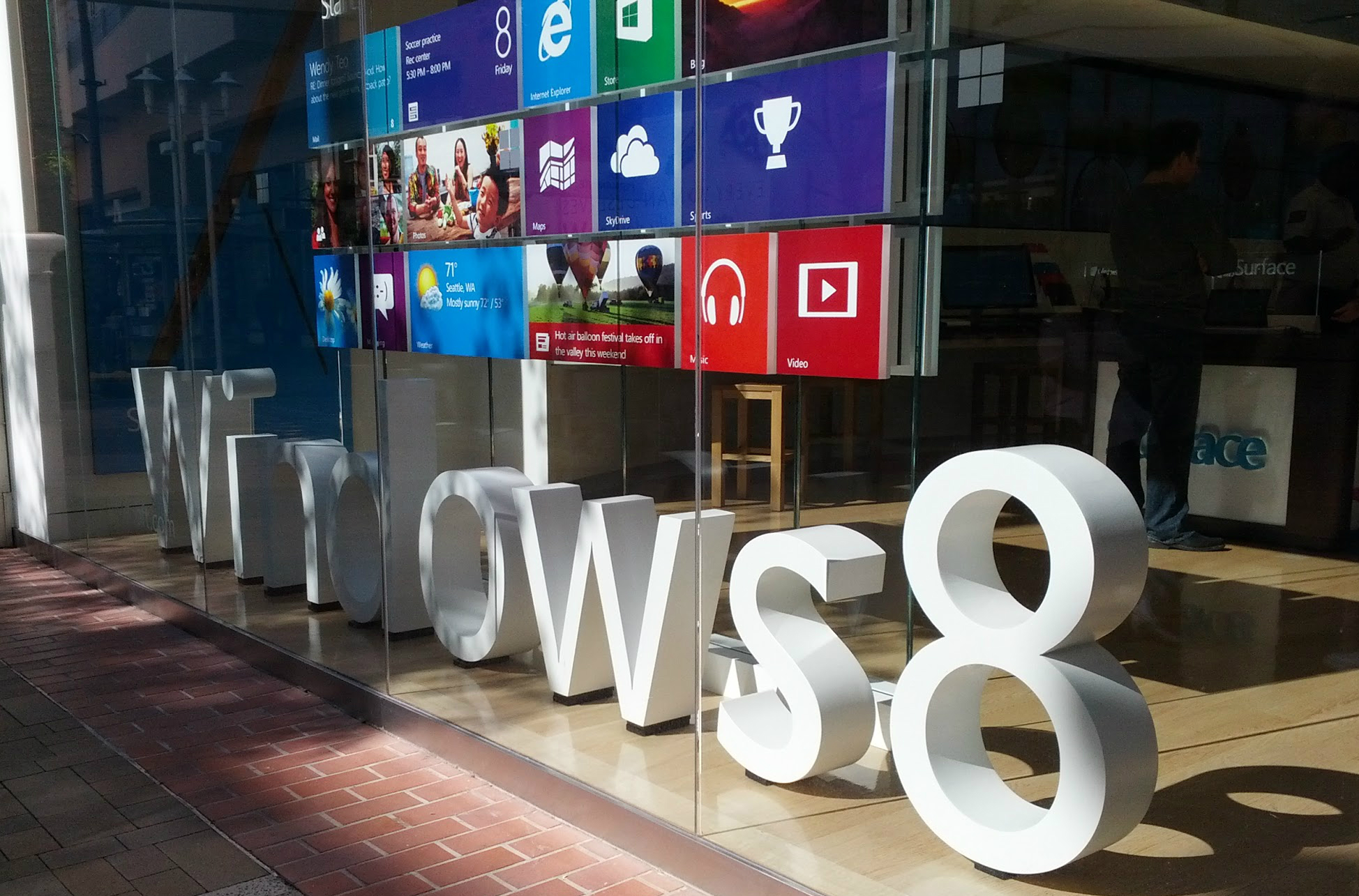
Thank you, Apple -- iPad made me fall in love with Windows 8
Every once in a while I find myself having to reinstall the operating system from scratch on my laptop. Unlike previous occasions when I would contemplate choosing between Windows 7 and Windows 8 as the default OS, this time around something rather strange has happened. Instead of having to deal with conflicting thoughts, and even remorse, I installed Windows 8 and never looked back. I now wear my "Windows 8 user" tag proudly and not with regret.
If you asked me whether I really want Windows 8 not much longer than two months ago I would have said that "I love and miss Windows 7" -- and for good reasons at the time. My complaints mostly focused around the Modern UI, which was designed with tablet use in mind and not for users like me (and likely you as well) that are accustomed to Microsoft's operating systems on more traditional devices like full-fledged PCs and laptops. So what changed?
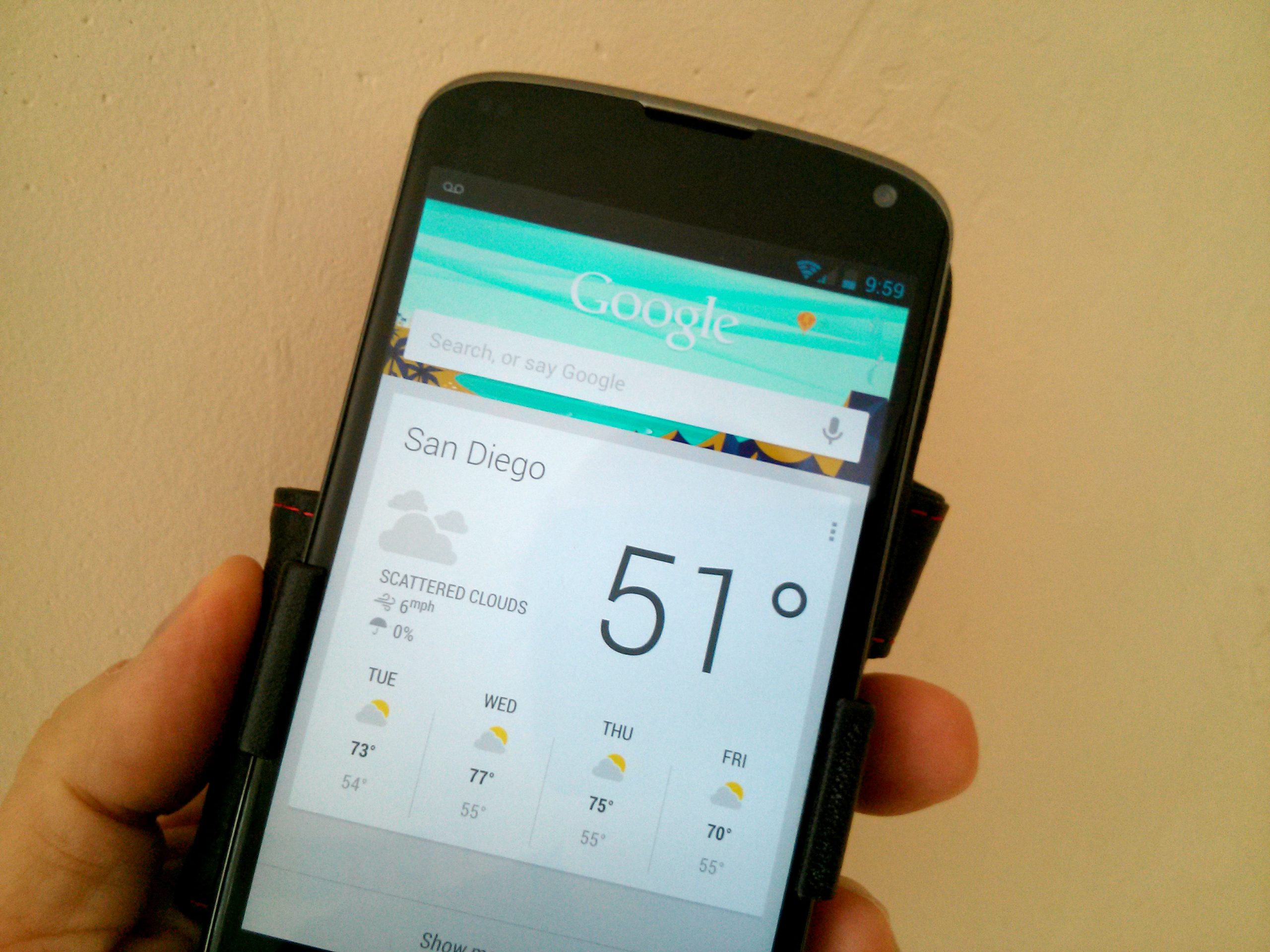
Google Now for Chrome changes EVERYTHING
François Beaufort, the developer who recently made headlines by outing Chromebook Pixel, is stirring up things again. He uncovered code that all but assures Google Now will soon come to Chrome and Chrome OS. I can't overstate how enormously game-changing the service will be. Google Now is the purest evolution of sync and the killer app for the contextual cloud computing era.
We are on the cusp of Star Trek computing, where information is available at the command of your voice and the machine is a personal assistant that anticipates you. Google Now delivers a hint of this future on Android devices. Bringing it to PCs puts the search and information giant ahead of everyone because, with the exception of a possible future Microsoft-Facebook partnership, no other company has the resources to provide so much personalized information to so many people in so many places in so many ways.
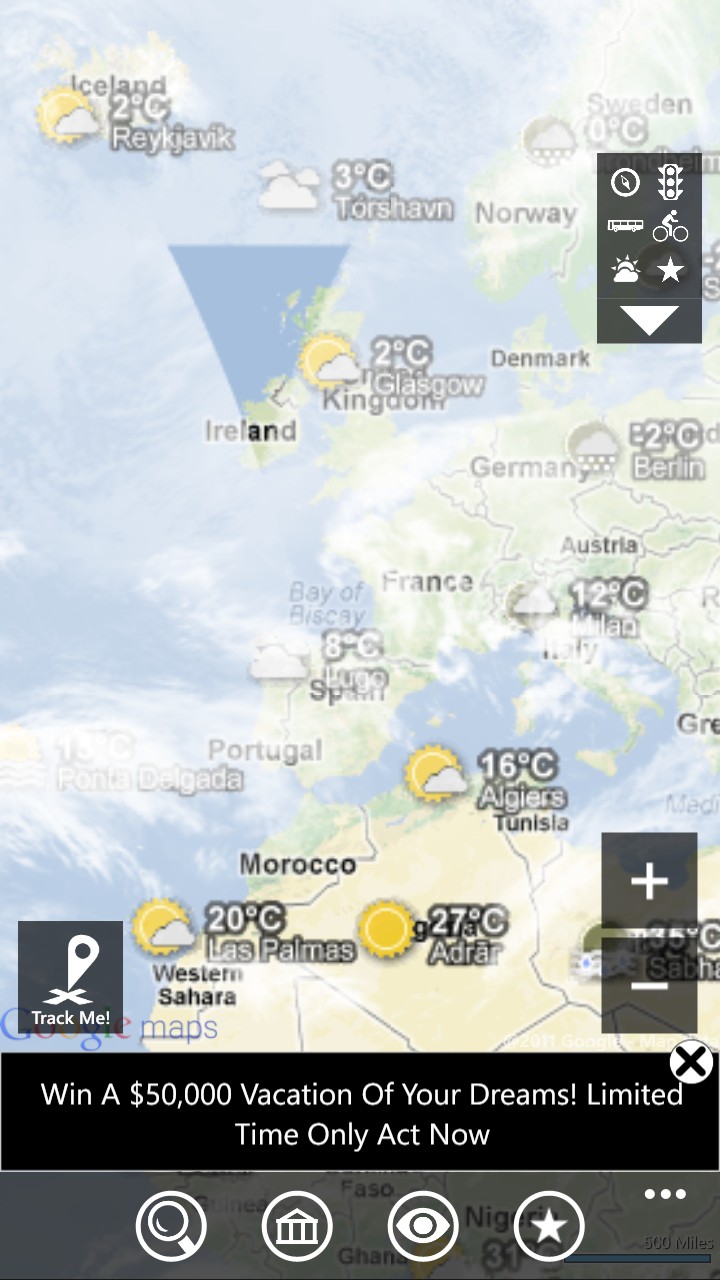
Third-party alternatives to official Google apps for Windows Phone 8
If you're the sort of person deeply rooted in Google services, at first glance migrating to Windows Phone 8 from either Android or iOS can be a total drag. The information giant has released a single app so far, which can be used to search the web, but nothing else. Luckily, there are plenty of third-party alternatives to choose from that offer decent and sometimes superior experience for Google users.
But finding the right replacements can be tricky, as the Windows Phone store features more than 130,000 apps and a simple search query returns many results of variable quality -- some great, some not so great. To make your job easier, I've prepared a list of Windows Phone 8 alternatives to traditional Google apps, ranging from Google+ to Google Maps, Google Reader and even YouTube.
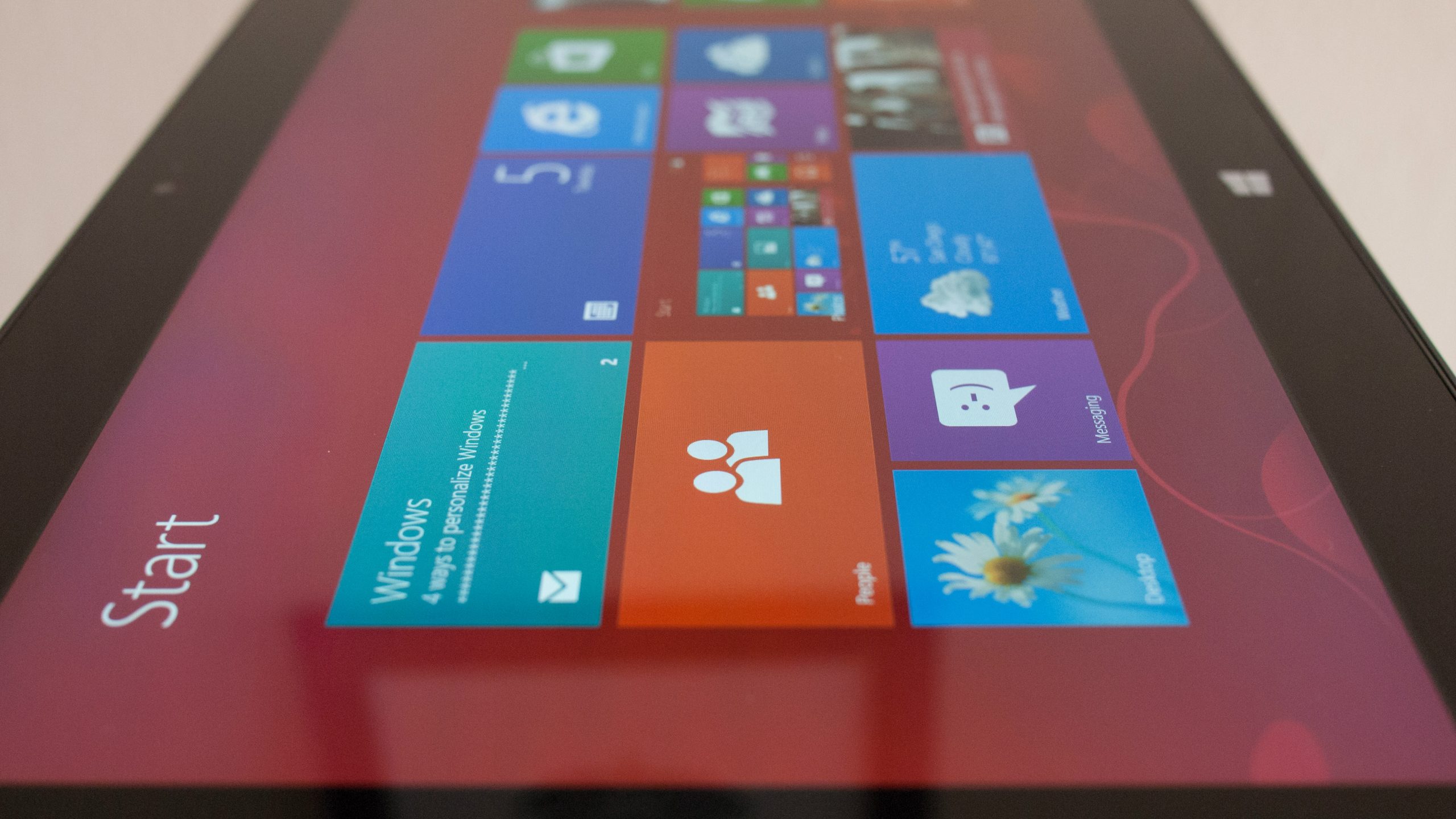
You don't hate Windows 8
I nearly hurled coffee onto Nexus 10 this morning -- seriously had to choke back -- when seeing this ridiculous ZDNet headline: "Will 90 percent of users always hate Windows 8?" I immediately thought that someone must have done a shocking and provocative survey. But, no-o-o-o-o, writer Matt Baxter-Reynolds pulls the figure from his bee hind. He surmises this sensational figure based on absolutely nothing.
Coincidentally, I conducted two polls over the weekend designed to gauge Windows 8 sentiments -- what you really think about Microsoft's flagship operating system. I asked: "If Microsoft sold Window Vista, 7, and 8 side by side and you could buy the one you wanted most, which would you choose?" and "Is Windows 8 a failure?" We have a split decision on the latter, from good sample sizes -- more than 1,500 for the longer question and exceeding 1,300 for the other.

What's wrong with tech in US K-12 education today
If you surveyed the different directions K-12 school districts take in the United States, you'd find nothing less than a hodgepodge of technologies. The mess that was known as "Novell Hell" universally bows down to a diverse array of technologies including Active Directory, campus-wide Wi-Fi, iPads, Chromebooks, and a little bit of everything else in between. While it's reassuring that most districts I'm in discussions with are moving to cloud-based Google Apps or Office 365 for their email, the end-user device side of things is murkier.
I'm not going to call myself an expert in K-12 technology and policy, but seeing that I spent the last four years supporting and training users' technology needs at my former high school district, I've got good experience understanding the issues affecting teachers and students alike. After attending educational tech conferences year after year, the common consensus stands: everyone in education knows where they want to be, but the paths some of them take to get there are muddled with too much idealism and not enough realism.
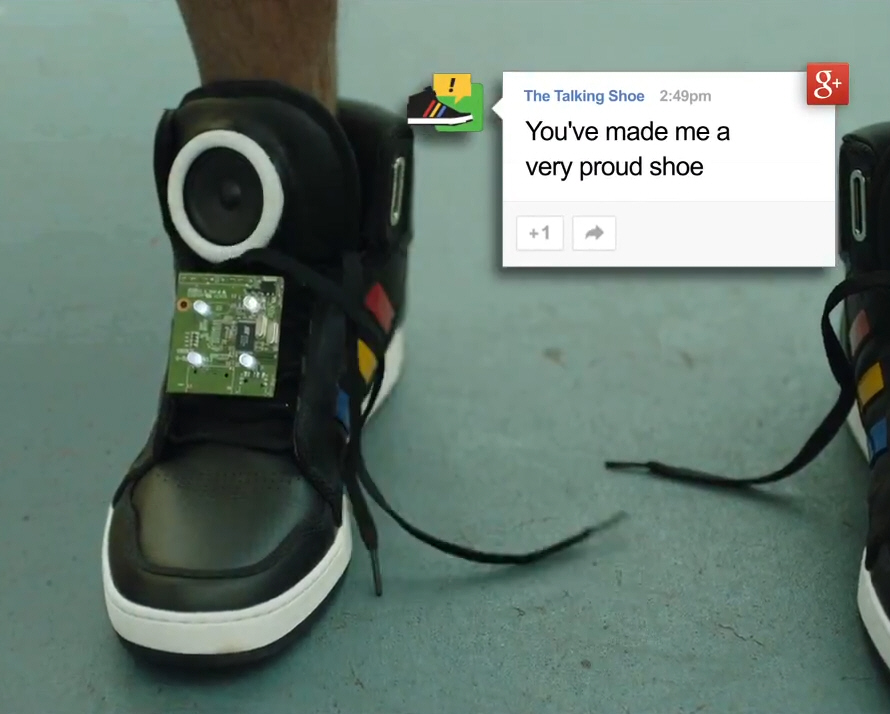
Is there anything more annoying than a pair of talking shoes? Probably not
Art, Copy & Code has partnered with artist Zach Lieberman, Google, and interactive collective YesYesNo to create what it calls a smart talking sneaker with personality.
The Talking Shoe, which Google has been showing at the South by Southwest (SXSW) tech conference in Austin, Texas, includes an accelerometer, gyroscope, Bluetooth and other everyday technologies, that combine to “translate the wearer’s movements into funny, motivating and timely commentary”. In the video that shows off the sneakers, example phrases include “This is super boring” (when you’re just sitting around), “I love the feeling of wind in my laces”, “Are you a statue? Let’s do this already” and “Call 911 because you’re on fire”.
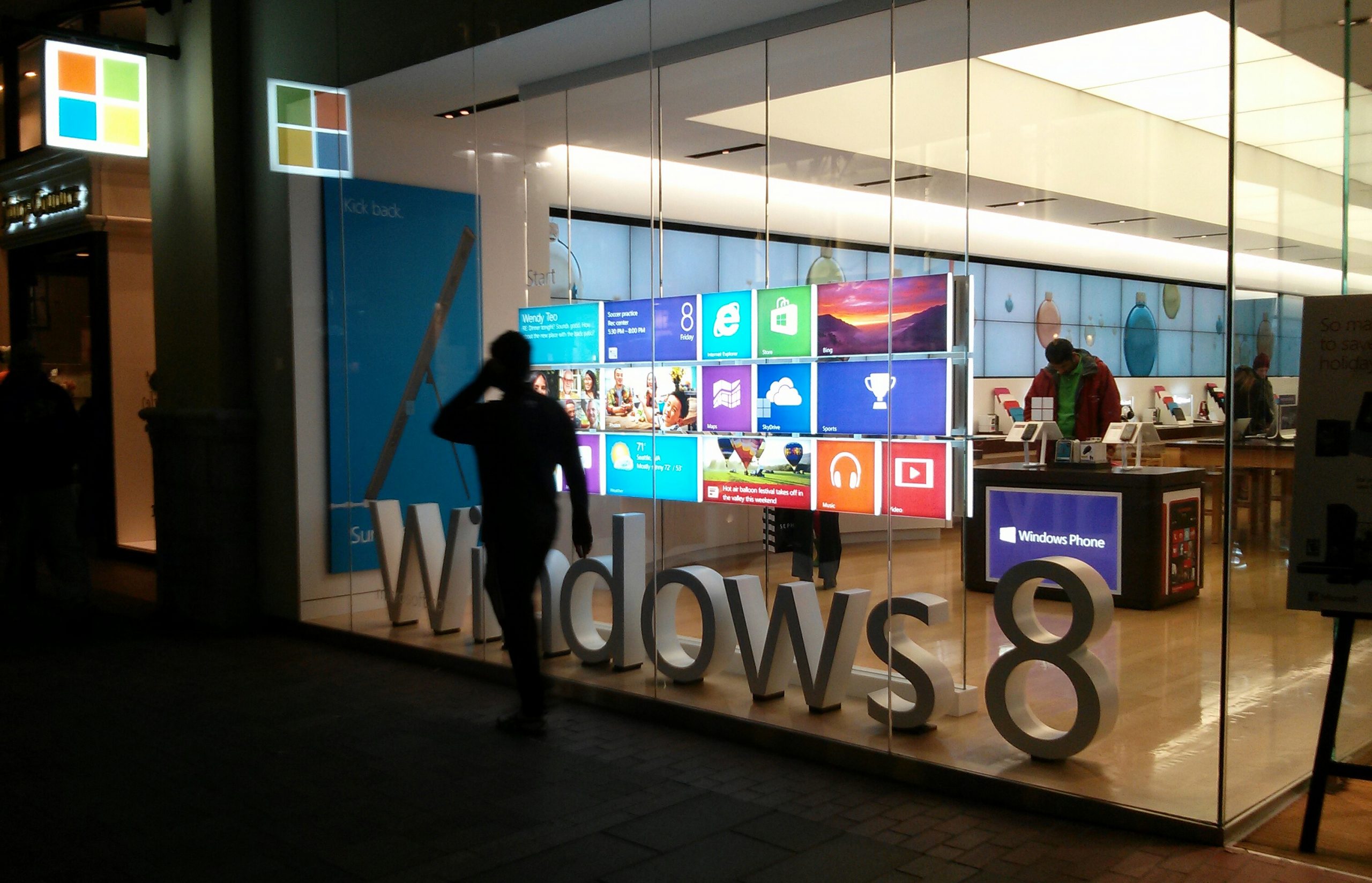
Is Windows 8 as bad as Vista, or even worse?
That's the question on my mind today, as an executive from yet another PC manufacturer disses the operating system. Yesterday, Jun Dong-soo, who heads Samsung’s memory chip operation, told Korea Times: "Windows 8 system is no better than the previous Windows Vista platform". Remember, Microsoft gave developers Samsung slates in autumn 2008 to test Windows 8. Samsung shipped touchscreen models for the previous operating system, when few other OEMs did. So the slap is no small one, and worse: "MS’s rollout of its Windows Surface tablet is seeing lackluster demand", Dong-soo asserts.
I don't agree with him, by the way. On Monday I explained: "How I came to love Windows again". Two words: Surface Pro. I find Windows 8 to be remarkably efficient and fun to use on the touchscreen tablet convertible. Modern UI really is modern, trendsetting. But I'll be first to concede that users won't get the same kind of experience using just mouse and keyboard. Touch changes everything.
What I really think about Google Chromebook Pixel
Second in a series. Fourteen days using Google's first computer, my decision is made: I would buy one and will someday (taxes are brutal, so my options are limited short-term). I firmly believe that most buyers willing to spend $1,299 (32GB WiFi) or $1,449 (64GB 4G LTE) will be satisfied with Chromebook Pixel. That's because I presume they wouldn't dole out that much without really examining how the computer would fit their lifestyle; also, Google seeks the same people coming from Windows who might buy MacBook Pro 13-inch.
Seven days ago, in my first-impressions review, I looked at the overall experience and price benefits from the perspective of hardware. Here, I start to answer larger question: Can Pixel be your main and only machine? For most people, the answer is an unequivocal "No". But "most people" isn't Google's target market.

More smartphone owners stick with Android than iPhone
Developers must make hard choices when choosing what platforms to support. In mobile, popular convention is iPhone first. But does that approach, in the real world of smartphone ownership, really make sense in 2013? Let us take a look at the hard numbers that were recently published by comScore and see what they can tell us.
This may be a self-perpetuating problem for Apple; according to ComScore, the Google platform simply offers more opportunity because of its larger user base, though that is far from the only consideration for developers. Granted, both mobile operating systems are wildly popular, despite the best efforts of Microsoft to get Windows Phone OS into contention (OK, maybe "best efforts" is going a bit far) -- Android and Apple combine for nearly 90 percent of the smartphone market -- 53 and 36 percent respectively.
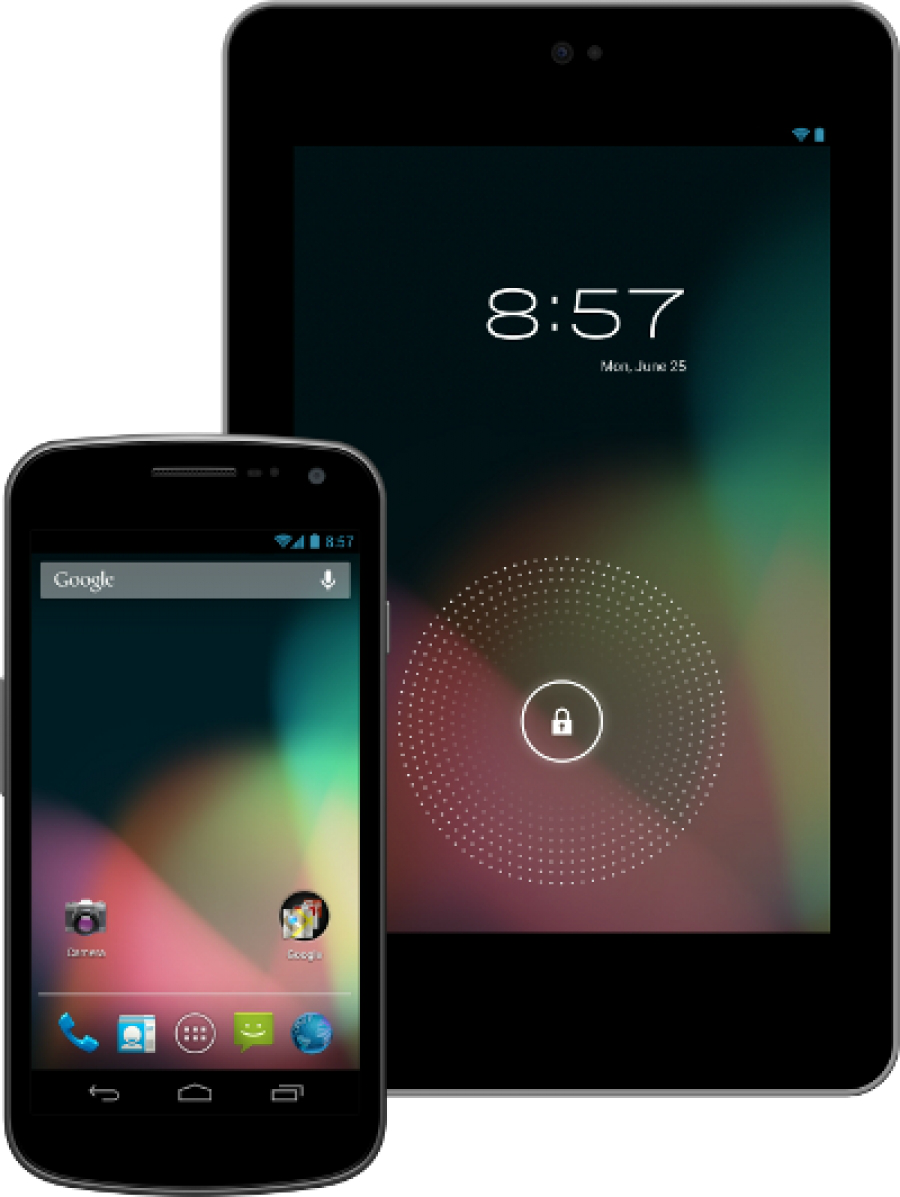
Is Android 4.2 killing your Nexus' battery life?
My joy at receiving Nexus 7 32GB HSPA as a day-after-Christmas present turned to deep disappointment just two weeks later. Google replaced the device, and a second runs down the battery in about 15 hours, whether sitting idle or actively used. Near as I can tell, and others share my problem, Android 4.2 is root problem. My woes with the replacement tablet started with the point-two update, while others suffering similar misery report troubles with 4.2.1. Google really needs to fix this problem. Fast.
I wasted many hours troubleshooting. The prescribed fix is restore and reset, which I've done about a half-dozen times. No change. Perhaps the cellular radio drains the battery fast. I removed the SIM. No change. Maybe one of my apps keeps Nexus 7 from going idle. I restored and set up with my wife's Google account. No change. The battery app consistently lists the "screen" as top consumer, which suggests something prevents the tablet from going idle. Last night, I charged up. Nine hours and thirty-minutes later, there is 45 percent charge. At that rate, I'll set a new record: 16 -- maybe even 17 -- hours to zero. What a lucky day this is.
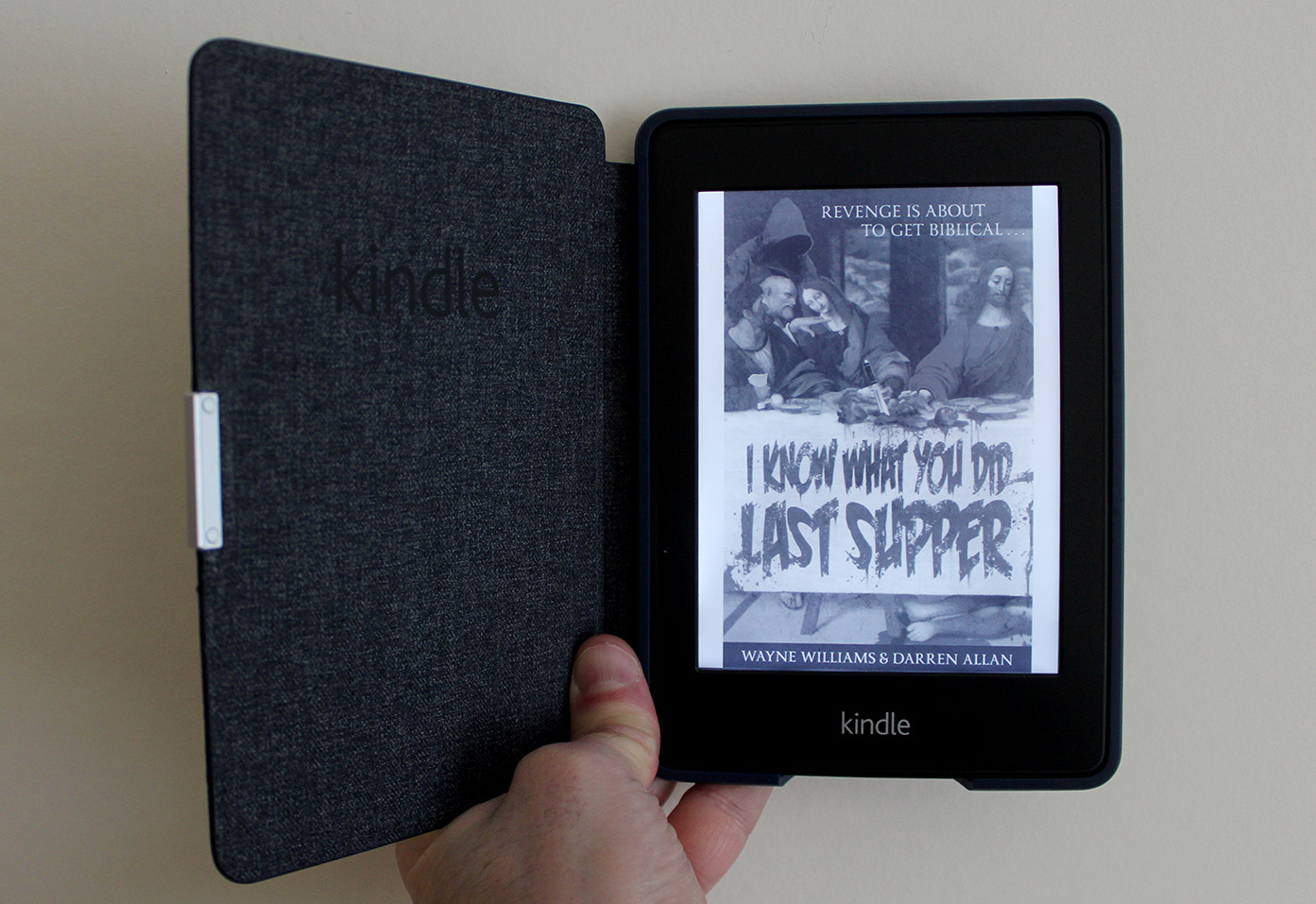
Kindle Paperwhite is my new favorite gadget [Review]
When I wrote Why I Love Kindle back in February I said I was intending to upgrade to a Kindle Paperwhite soon. Three weeks later, timed so I can buy a Kindle copy of my own book (my publisher only supplies free paperbacks), and that’s exactly what I’ve done.
The Kindle is one of those very rare devices that you don’t really need to upgrade. New features, an improved screen, touch support – it’s all well and good, but when you’re reading something you’re pretty oblivious to anything other than the words on the page. Or rather the screen. That said, moving to the Paperwhite from a second generation Kindle is a huge leap forward.
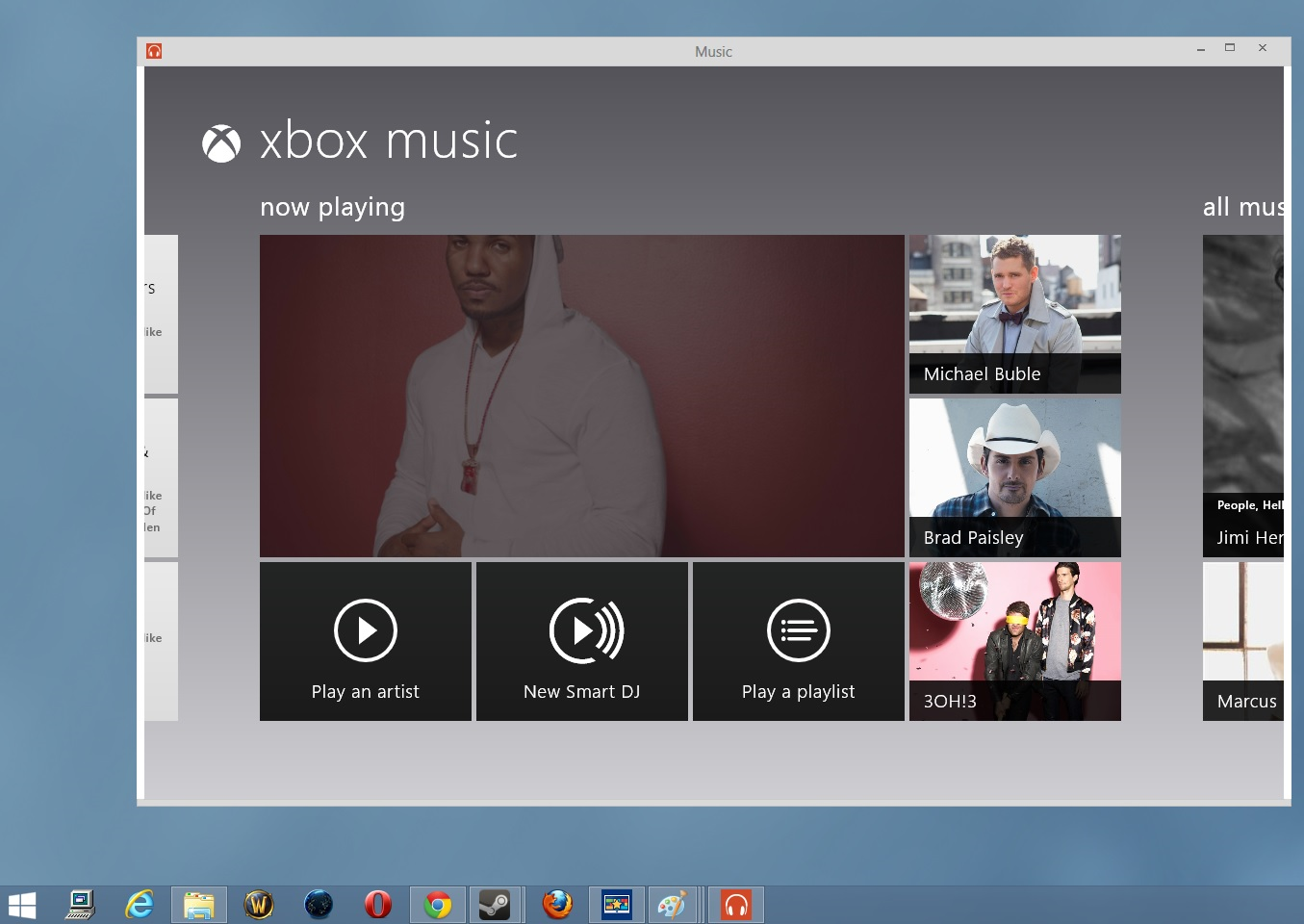
Stardock ModernMix makes apps as usable as desktop programs on Windows 8 [Preview]
Windows apps that you run on Windows 8 are limited to the Start screen environment by default. Here you can run them in full screen, or attached to a side of the screen so that they use 1/3 or 2/3 of the screen. What you cannot do is run them in windowed mode on the desktop.
Attempts have been made in the past to bring that extra functionality to Windows 8 in the form of third-party applications. One of them, RetroUI Pro does so, but the implementation is fairly limited.
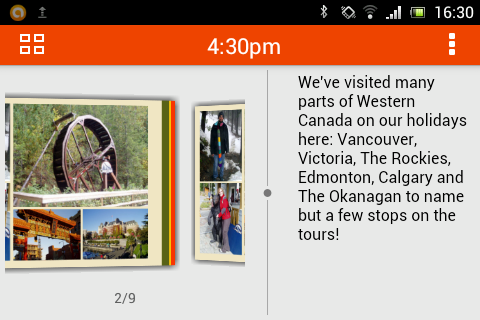
LibreOffice 4.0.1 supports Impress Remote for Android
The Document Foundation has released LibreOffice 4.0.1, a primarily maintenance release for its open-source office suite. Comprising word processor, spreadsheet, database, presentations, drawing and maths tools, LibreOffice 4.0.1 has one notable update, cross-platform support for its LibreOffice Impress Remote app for Android.
LibreOffice Impress Remote allows users to control Impress presentations over Bluetooth or Wi-Fi using their Android phone or tablet. Only Linux builds of LibreOffice 4.0 supported the app, but as of version 4.0.1, Windows and Mac LibreOffice users can also control presentations using the Android app.

Life in the Windows Phone 8 shanty town
Switching from Android to Windows Phone 8 seems just about the worst decision that I have ever made in my entire tech life. It's sort of like trading a boring but solid marriage for a great one-night stand that has turned into a bad relationship not much further down the road. Granted, it all boils down to personal preference but right now I'd much rather have a spouse that I can rely on (Android) rather than someone that I can't stand anymore (Windows Phone 8).
Windows Phone 8 is all about trying to silence every voice in my head that says "You miss Android" and replace it with the "I can make it work if I try hard enough" broken record instead. Hope and blind faith is what keeps me going as I place my trust in Microsoft and developers to improve upon the operating system and its ecosystem in an update or app that never seems to come. Sadly, this mindset has failure written all over it. And I've reached the boiling point as every day there has to be something off with the Windows Phone 8 endeavor that makes me think "Why did I buy the HTC Windows Phone 8X in the first place?"
